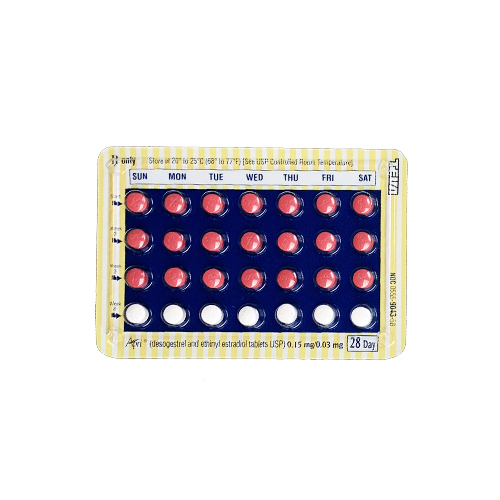If you prefer this specific medication, let your provider know the medication name and strength in the preference section of the health assessment.
Why Nurx?
-
 Free, fast shipping with automatic refills for items fulfilled by our pharmacy. Easily pause or cancel anytime.
Free, fast shipping with automatic refills for items fulfilled by our pharmacy. Easily pause or cancel anytime. -
 Clinically-recommended medications & affordable out-of-pocket prices.
Clinically-recommended medications & affordable out-of-pocket prices. -
 Unlimited messaging for one year with licensed providers.
Unlimited messaging for one year with licensed providers.
Product details
Apri is one of the many birth control options available through Nurx. One of the most popular combination pills currently available, Apri is a safe and effective to prevent unwanted pregnancy. If you’re trying to find the birth control method that best suits your needs, Apri deserves your attention — below is what you need to know.
Birth control type:
Combination birth control pill
Recommended for:
✓ Reducing instances of acne break out
✓ Reducing risk of developing ovarian cysts
✓ Reducing occurrence of endometrial cancer
✓ Lighter and more regular periods
| Price with Insurance | Out-of-Pocket Price |
| As little as $0 per month for the medication | As little as $20 per month for the medication |
We also charge a $30 medication consultation, which includes unlimited access to our medical team for a full year.
See why 1,000,000+ patients have trusted Nurx for medical care online:
| Nurx | Other Brands |
| ✓ Affordable ✓ Insurance accepted ✓ No subscription needed ✓ Unlimited, ongoing medical care from an app ✓ $0 shipping — always |
Expensive Insurance not accepted Subscription required Medical care limited by number of credits $5 to $20 shipping fees |
Generic versions:
Desogen, Isibloom, Cyred, Emoquette, Enskyce, Juleber, Ortho-Cept, Reclipsen, Solia, Desogestrel-Ethinyl Estradiol
For our refund and return policy, please see our terms of use.
See full product details
Additional Details
FAQ


How It Works






